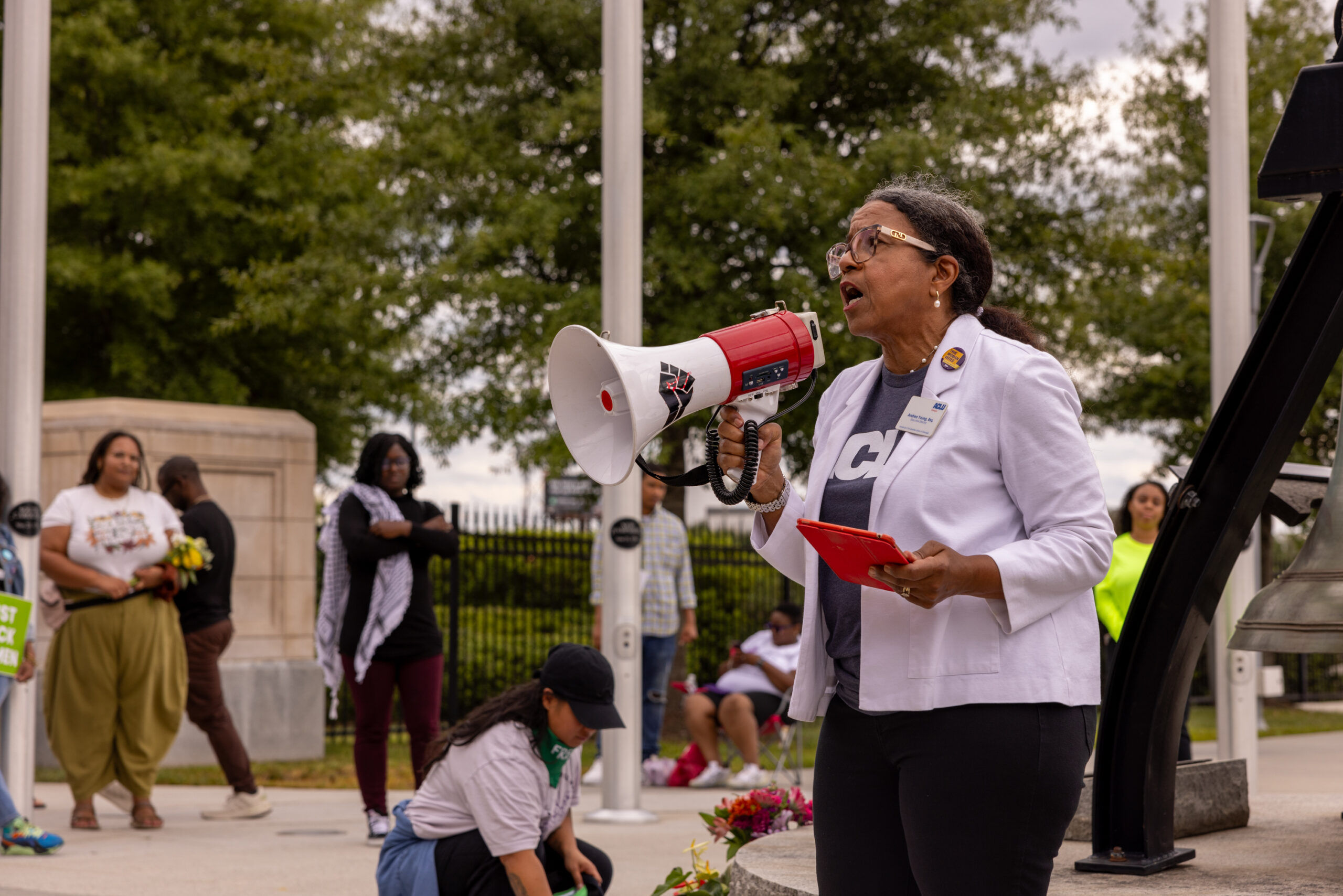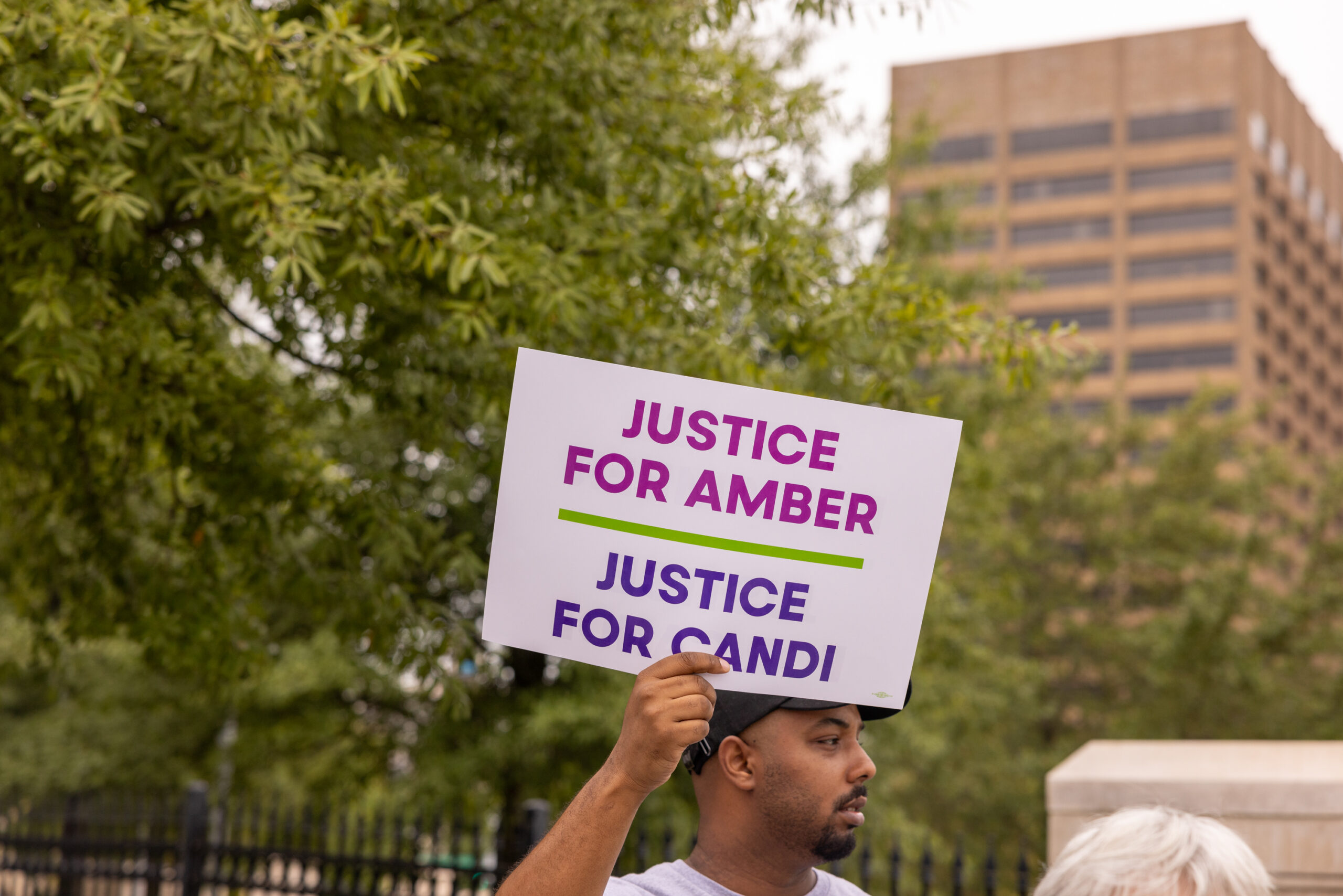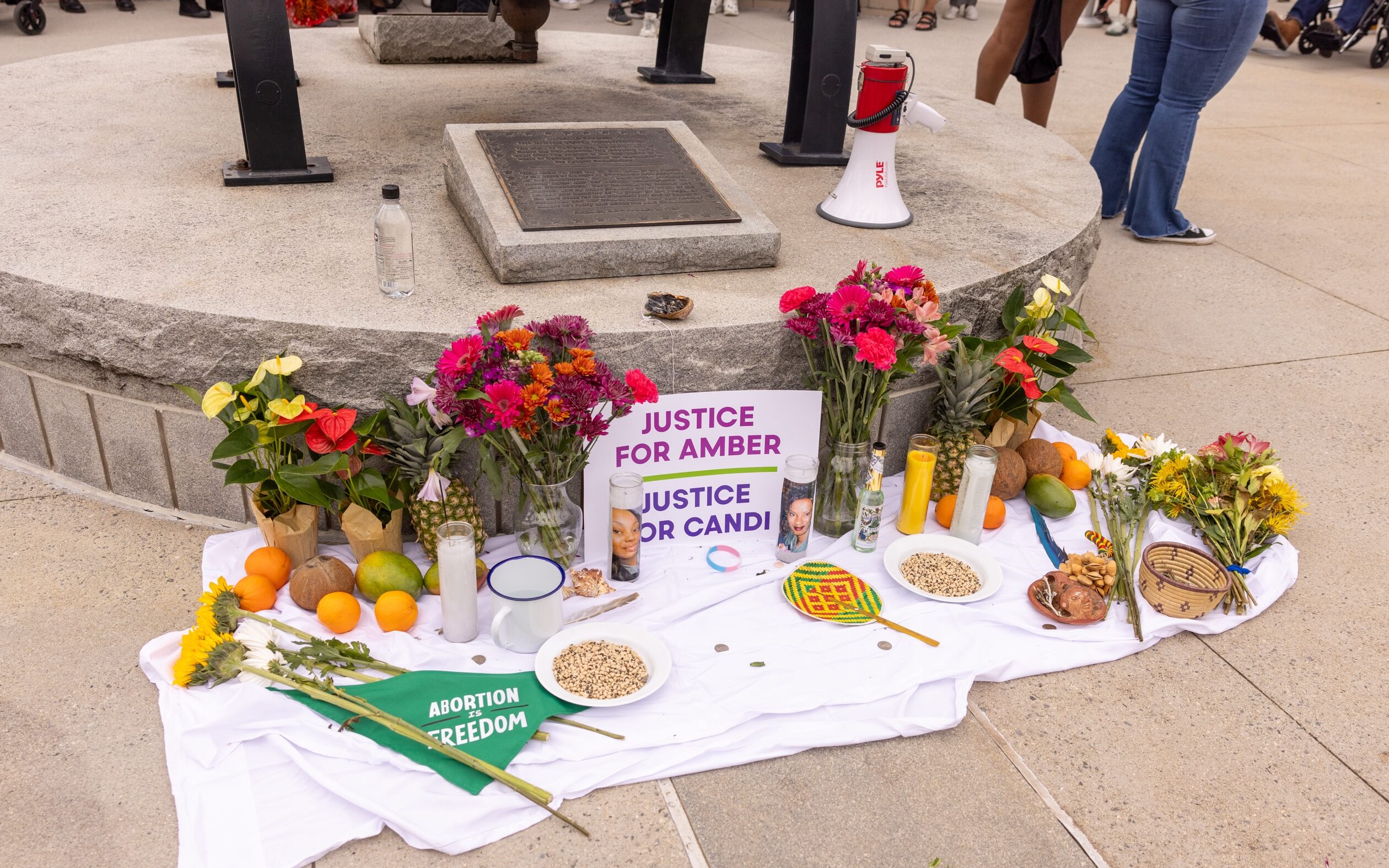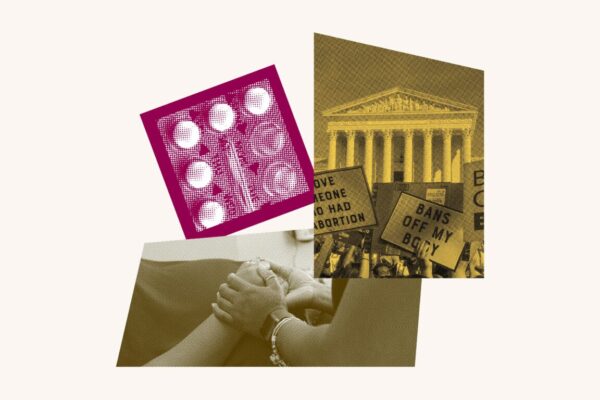
Photos by Lynsey Weatherspoon
Updates:
Georgia Supreme Court Reinstates Six-Week Abortion Ban
What happened?
On September 30, 2024, the Superior Court of Fulton County struck down Georgia’s six-week abortion ban, finding that the State Constitution does not allow politicians to deny Georgians’ fundamental right to make their own decisions about their bodies, their health, and their futures. In the words of the Court, "women are not some piece of collectively owned community property the disposition of which is decided by majority vote.”
Some background
At a two-day trial in October 2022, the Superior Court of Fulton County heard testimony from Georgia doctors, public health experts, and other devoted healthcare providers about the devastating harm that Governor Kemp’s abortion ban has been causing every day since it took effect, especially in Black and Brown communities.
What does this mean?
This decision means that effective on the date of the ruling, September 30, 2024, patients can once again get essential abortion care in Georgia beyond six weeks of pregnancy. With access to abortion decimated across the Southeastern United States since the Supreme Court overruled Roe v. Wade, this relief is urgently needed.
Multiple doctors testified at the trial that under the ban, it is impossible for health care providers to know when they can perform an abortion for a pregnant patient experiencing a medical emergency without risking being sent to jail. For years, medical experts in Georgia have warned the State that this ban is going to “result in pain, suffering, and ultimately tragedy” – in the Court’s words.
What else could happen now that we have this decision?
Governor Brian Kemp and Attorney General Chris Carr have already announced that they will try to reinstate this cruel ban by appealing to the Georgia Supreme Court. They do so knowing full well that this law is preventing physicians from treating sick patients, exacerbating the maternal mortality crisis for Black women, forcing Georgians to carry pregnancies that will tether them to poverty and abuse, and making it harder for Georgia’s universities and hospitals to attract top doctors.
Why is the abortion ban so dangerous?
The decision from Fulton County Superior Court Judge Robert McBurney explained the ban is forcing countless Georgians to continue pregnancies and go through childbirth against their will, with severe consequences for their physical and mental health.
We know these bans have ripple effects for families and communities too. As leading experts testified at the October 2022 trial, high-quality research confirms that people denied a abortion are more likely to be trapped in poverty and trapped in violent relationships.
The Judge’s decision also highlighted how cruel and confusing the ban’s narrow exceptions are. For instance, he noted that the requirement that rape and incest victims must file a police report as a condition of ending their pregnancy will make that exception meaningless for, say, a 12-year-old raped by her mother’s live-in boyfriend. The decision also emphasized how the ban specifically prohibits care for patients suffering a deadly mental health crisis. Even if a doctor determines that continuing the pregnancy will compromise a patient’s mental health so badly that she will die, the politicians who drafted this ban insisted that she be forced to carry that pregnancy to term regardless. As the judge concluded, that is both immoral and unconstitutional.

What else do I need to know about Georgia’s abortion ban?
It was not surprising, though no less devastating, to learn in September 2024 about the preventable deaths of Amber Nicole Thurman and Candi Miller in the summer of 2022, almost immediately after the Supreme Court overruled Roe v. Wade and Georgia’s six-week ban was allowed to go into effect. These Black women, both mothers, are not alive today because Georgia’s abortion ban prevented them from accessing the safe, essential healthcare they needed. The state’s maternal review committee said that both of these women’s deaths were “preventable” and likely due to the state’s abortion ban.1 It is likely that these are not the only deaths related to the state’s ban. This is absolutely heartbreaking.
What does the ACLU have to say about this?
To everyone in Georgia who has suffered needless medical risk and pain because of this ban, or been denied the dignity of making your own decisions for your health, family, and future: know that you are seen, and that we will never stop fighting for you.
Source: Julia Kaye, senior staff attorney with the ACLU Reproductive Freedom Project
1From “Life of the Mother: How Abortion Bans Lead to Preventable Deaths,” ProPublica.


